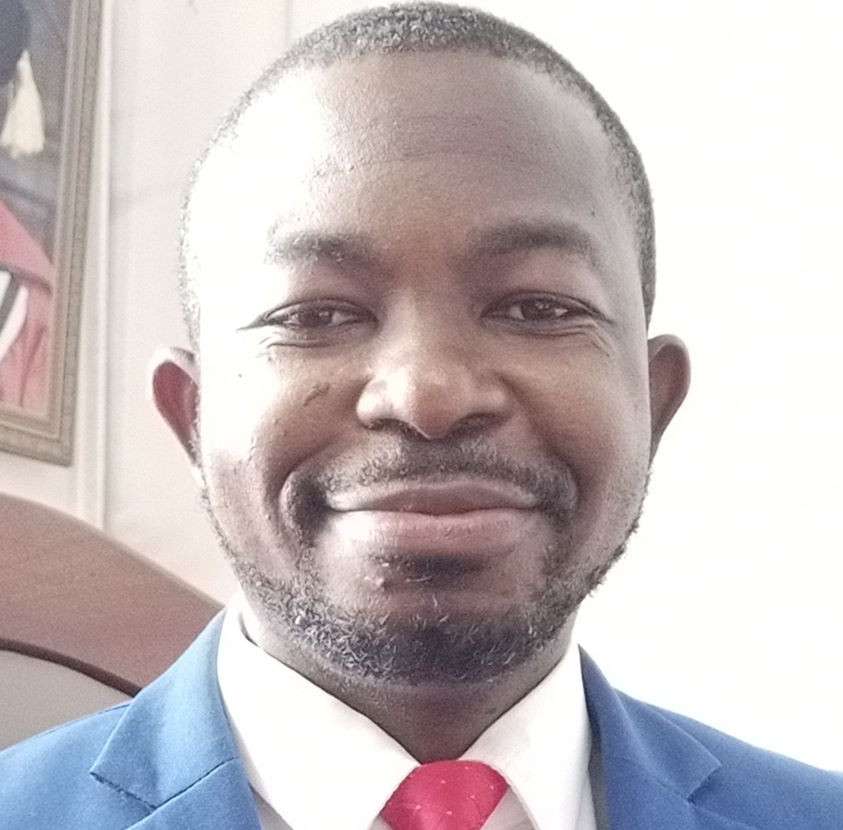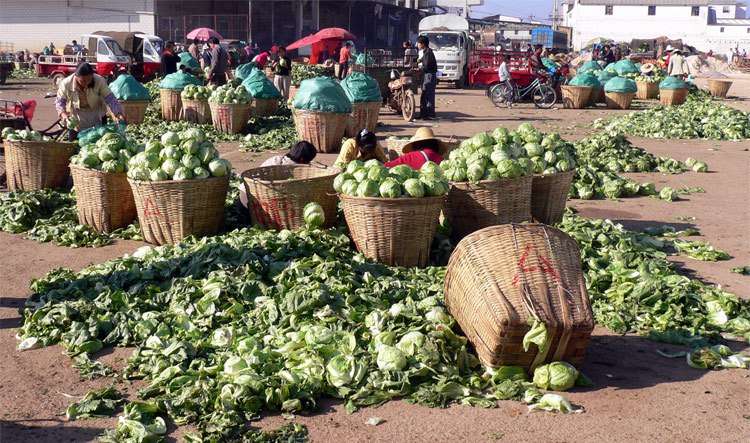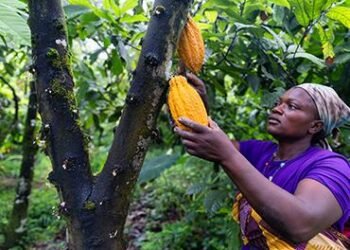Associate Professor at the University of Cape Coast School Of Agriculture, Professor Julius Hagan, has called on farmers in the country to implement safe agricultural practices in their farming activities to avert post-harvest losses.
According to him, when it comes to averting the crisis associated with post-harvest losses, the timing of the harvest is fundamental. He revealed that right from the planting stage to the time of harvesting crops, farmers must do due diligence in ensuring the right means and method of planting are carried out.
Prof Hagan stated that sometimes a typical truckload of fruits gets to its final destination and the fruits at the bottom, due to the weight exerted on them, get bruised and subsequently go bad.
“The farmers may have to know when they are supposed to harvest and some practices they may have to go through. Sometimes, the practices they also undertake on their farms predisposes these fruits to farm losses, especially fungal attacks. So, the farmers should be able to detect the presence of fungal attacks on their fruits which they can apply fungicides to control them or do proper farm sanitation to be able to reduce the infections. When that happens, it means they are also reducing the post-harvest losses…”
Professor Julius Hagan
Reacting to some post-harvest losses encountered by some farmers in the Abura Asebu Kwamankese district who expressed worry over the lack of sales, Prof Hagan noted that this is not the first time he has heard about post-harvest losses in citrus. He explained that post-harvest losses is not exclusive to citrus produce, but is the case with almost all agricultural produce.
“I get a bit disturbed because it makes farming unattractive to especially the youth. These are some of the issues we need to tackle as soon as possible, otherwise, we are going to lose chunk of the youth who will be interested in going into farming.”
Professor Julius Hagan
Resolving the challenge of post-harvest losses
Prof Hagan highlighted that the issue with post-harvest losses is bigger than meets the eye. He conceded that although the setting up of a factory to receive some of the produce is laudable, it doesn’t resolve the long-term implications.
“… Most often than not, we apply what we call the knee-jerk approach to some of these agriculture related problems. You have factories sometimes and you expect the factory to run throughout the year, but how often are they going to get the citrus to process into whatever product. Sometimes, the factory will be in operation for some time and will not be getting the raw materials and that is also another issue. So, it is bigger than what we see, and I sympathize with the farmers and the community… It’s an issue we need to address.”
Professor Julius Hagan
Post-harvest losses, Prof Hagan emphasized, is like a “chain” because even before a farmer harvests his crops, there are certain things he must undertake. He indicated that for countries where citrus is produced in large quantities, there are certain standards and certain things a farmer is required to do.

“So, you need to understand at what point to harvest the fruit because if you don’t harvest it at the right time, the post-harvest losses start from that end. You know, you cannot completely eliminate post-harvest losses, just that you can reduce the extent [of losses]. In our part of the world, you can have as high as 50% post-harvest losses… So, the time you harvest is very key. At what point do you harvest? As to whether the farmers actually know which specific age at which the fruits are harvested is very key.”
Professor Julius Hagan
Prof Hagan iterated that if a farmer harvests the crop too early or too late, there is the tendency of post-harvest losses occurring. Subsequently, he explained that after harvesting, how the crops are packaged or stored is also crucial.
“The process the fruits go through will also affect the extent of losses they are likely to incur. So, the time of harvesting, packaging and how long it will take the fruits after harvesting to get to the factory can also affect the extent of losses they are likely to incur.”
Professor Julius Hagan
READ ALSO: John Mahama Urges African Countries To Give Meaningful Democracy A Chance





















